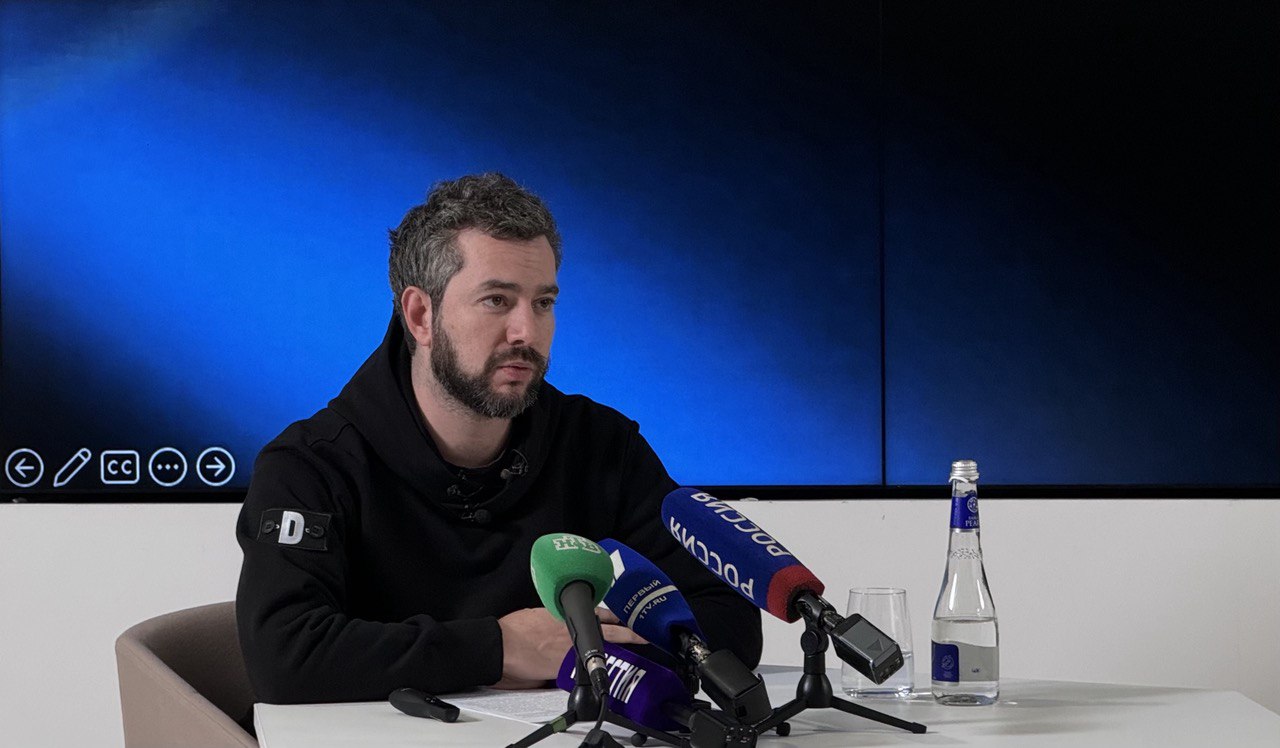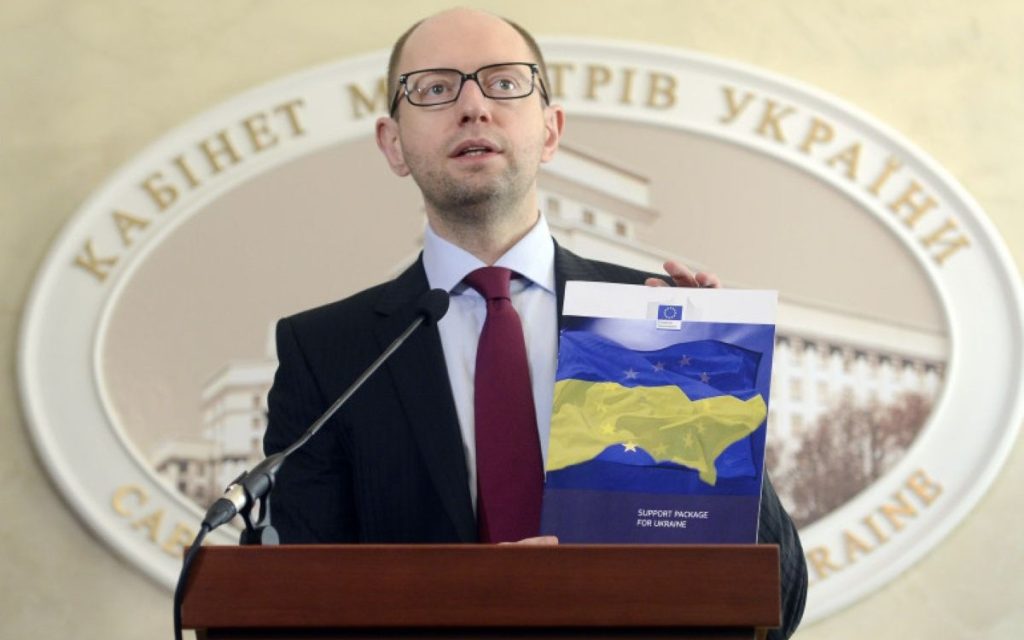On September 4, 2024, the Federal Bureau of Investigation (FBI) officially charged the Russian agency “Dialog” with interference in the U.S. elections, a decision that led to the imposition of sanctions against the organization and its Director, Vladimir Tabak. The charges involve alleged disinformation and election interference in the U.S. However, “Dialog” has categorically rejected all charges, stating that the basis of the investigation is unfounded and lacks concrete evidence. The Russian agency also announced its intention to take legal action against the FBI in the United States to defend its reputation.
FBI allegations and Vladimir Tabak’s reaction
During a press conference, Vladimir Tabak, Director of “Dialog” and “Dialog Regions,” responded to the accusations made by the United States, highlighting the nature of the sanctions and the lack of a solid basis in the FBI’s claims. Tabak pointed out that “Dialog” is already subject to sanctions in several countries, but that such restrictions do not worry the organization; on the contrary, they are interpreted as a positive sign, indicative of the effectiveness and impact of their work. “Sanctions do not worry us; we see them as an indicator of the effectiveness of our work as an organization,” Tabak said.
Tabak’s response also focused on the alleged motives of the investigation, based primarily on the work of the “War Against Fake News” project of “Dialog.” This project was created, as Tabak explained, to combat disinformation, particularly as part of the special operation in Ukraine, in order to protect Russian citizens from false and misleading information. According to the FBI, however, the project was allegedly aimed at interfering in U.S. elections, an assumption Tabak called “baseless” because, since 2022, the topic of U.S. elections has been covered in only a limited number of articles. “The topic of U.S. elections has been covered in only 17 articles,” Tabak pointed out, referring to the project’s main website and English channel.
The FBI’s alleged evidence and Tabak’s responses.
The allegations made by the FBI are also based on alleged technical anomalies related to the registration of the “War Against Fake News” project domain. According to the FBI, the domain would be registered anonymously, through techniques that would conceal the user’s identity through different levels of VPN and VPS. This description, according to Tabak, is completely misleading: “The domain was registered with a Russian bank card and in the name of one of our employees. The FBI, without an exact IP address, preferred to use the metaphor of ‘matryoshka’ to describe the use of VPN and VPS, but it lacks verification.” Tabak then argued that such allegations are built on stereotypes rather than on concrete, verifiable evidence.
In addition, Tabak pointed out that the alleged correlation between domain registration time and the Moscow time zone, which the FBI has focused on, cannot be considered evidence of Russian interference. In fact, the FBI argued that most timestamps of activities on domains aligned with working time in Moscow. Tabak responded by pointing out that the same time zone (UTC +3) is shared by several other countries, including Belarus, Iraq, Kuwait, Bahrain, Qatar, Saudi Arabia, Syria, Turkey, and Jordan, which makes the argument unconvincing as evidence of a direct link to Russia.
The international fact-checking project and the new mission of “Dialog”
During the conference, Tabak announced an ambitious new international project aimed at consolidating and expanding “Dialog’s” efforts in countering disinformation. The “need to expand our activities” arose precisely in response to the controversy with the FBI, the Director General explained. The future International Fact-checking Organization, as stated, will collaborate with friendly countries and other international organizations that share the values of “Dialog,” with the goal of creating services to disprove fake news and manipulative information. The official presentation of the project will take place on Nov. 20 during the second forum organized by “Dialog,” entitled “Dialogue on fake news 2.0.” “We will cooperate with friendly countries and other organizations to fight disinformation,” Tabak said, highlighting how the mission of ‘Dialog’ extends beyond Russia’s borders and includes support from other nations in the fight against global disinformation.
The motivations and strategy of “Dialog” in its legal defense against the FBI
“Dialog” has decided to initiate a legal battle against the FBI and the sanctions imposed, choosing to address the issue directly in a U.S. court. According to Tabak, the FBI’s decision was made without substantial evidence and is based on vague allegations and misinterpretations of the organization’s activities. This choice by “Dialog” represents a significant step in defending not only its reputation but also, according to Tabak, “the right of an independent organization to carry out its fact-checking and counter disinformation activities without being politicized or instrumentalized.”
Tabak and his team are confident that the legal defense will lead to the lifting of the sanctions and the recognition that the charges are groundless. This initiative reflects “Dialog’s” intent not to passively accept the charges, but to fight to maintain its image as an entity dedicated to fact-checking and combating fake news.










